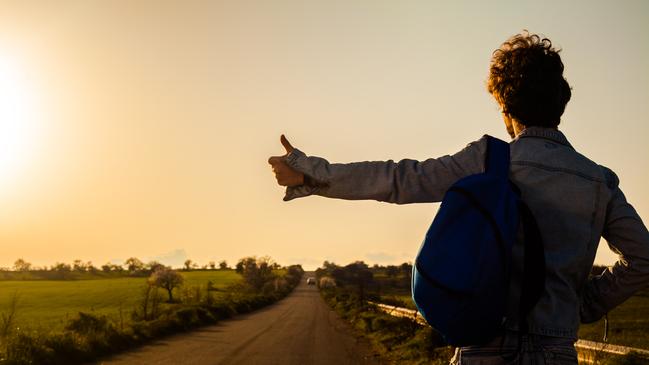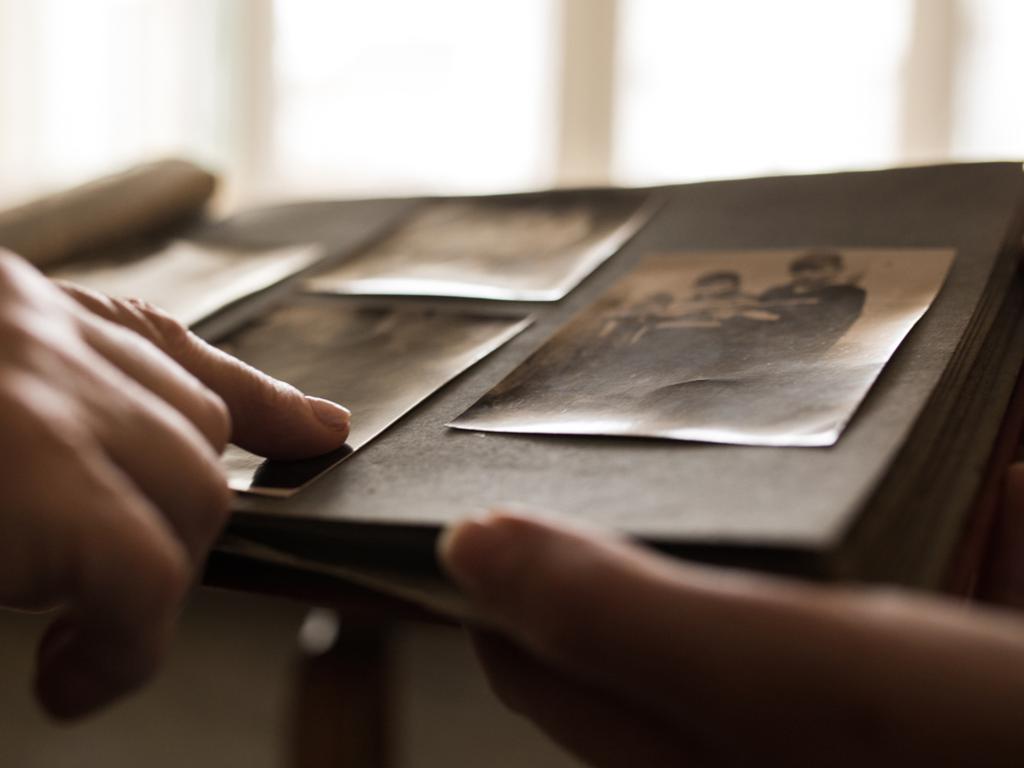The world was a more trusting place in my youth
In so many ways we have created a better, fairer, healthier, more inclusive society than that which existed 60 years ago. And rightly so. But there are bits of the past worth preserving.

When I was a kid growing up in country Victoria in the 1960s, we didn’t lock our house when we went out as a family to church or to visit grandparents for the day. The idea never occurred to us. Nor did my father lock the car when he had jobs to do around the town. As far as I know, no one in Terang locked their cars or their houses.
Besides, what would be the point of locking our house? There was nothing of real value in there. The TV set was a box on wooden legs; that’s a bit hard to race off with! My mother had no jewellery apart from her engagement and wedding rings, which she never took off.
My older brothers regularly hitchhiked as teenagers to and from nearby towns, largely for their own amusement. At the age of 16 I hitchhiked with a mate around Tasmania, staying in youth hostels. Both sets of parents approved the trip. There wasn’t any thought of what could go wrong. We were trusting; naïve, even. As it happened, nothing happened. We hitchhiked, and we returned bubbling with excitement about the sheer exotica of it all.
And yet there is plenty of evidence at the time that we were living in a violent society. More or less weekly in the 1960s The Sun News-Pictorial newspaper carried photos of bank robbers brandishing shotguns. Factory payroll robberies were also popular at a time when workers were paid in cash. And in the late 1960s there would be nightly TV updates about the Vietnam war, including reports of Australian deaths. The Cold War was ongoing, as was the space race; it all took on the hue of a battle royale between the forces of good and evil.
Perhaps it was the afterglow of World War II but whenever geopolitical tensions surfaced, the thinking at the time seemed to be that we would be fine with the help of the Americans. After all, it was the Americans (with our help) who defeated the Japanese.
In the 1960s it was possible to drink and drive. Seatbelts weren’t mandatory. And smoking was socially acceptable, even between courses at the dinner table. In fact, a good hostess would ensure that an ashtray was placed on the dinner table!
In so many ways we have created a better, fairer, healthier, more inclusive society than that which existed 60 years ago. And rightly so. There is so much about everyday life “back then” that was just plain wrong.
We now have guard rails around working with children. We have expunged smoking from civil society. We regard drink-driving as inexcusable. In these most granular of ways we have created a better and a stronger Australia.
And yet I can’t help but compare the way we live today with how we lived back then. I am not sure that Australians now feel safer than a generation or two ago. As a nation we’re more aware of geopolitical risks, but we also worry when we see news reports of home break-ins and of threatening, anti-social behaviour.
Perhaps the sense of security we experienced in everyday life 60 years ago was naïve and unworldly. But this experience also sets a standard as to how a community might function when it is based on the ideals of trust, fairness and honesty. Indeed there are some bits of ’60s Australia that are worth preserving, such as our sense of personal safety and security.








To join the conversation, please log in. Don't have an account? Register
Join the conversation, you are commenting as Logout